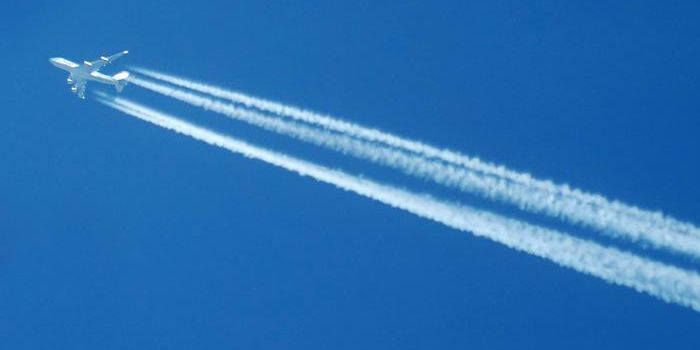The Belize Barrier Reef Reserve System — comprising of seven protected areas — is the longest barrier reef in the Northern and Western Hemispheres. It hosts a wide variety of reefs and vibrant corals, and is home to a huge diversity of marine wildlife, including threatened marine species like the West Indian manatee (Trichechus manatus), green turtle (Chelonia mydas), hawksbill turtle (Eretmochelys imbricata), loggerhead turtle (Caretta caretta), and the American crocodile (Crocodylus acutus). Unfortunately, UNESCO lists the Belize Barrier Reef System as a World Heritage Site in danger, threatened by coral dredging, unsustainable tourism and fishing activities, declining water quality, climate change, and potential oil spills.

However, the reef system got a lucky break when officials in Belize agreed to suspend the seismic portion of offshore oil exploration after an outcry from concerned citizens, national civil society groups and international conservation organizations and their supporters. The government of Belize instructed surveyors last week to “cease seismic operations immediately.”
The seismic testing, a process used to explore for oil, involves the use of air guns to blast shockwaves through the water that are powerful enough to penetrate the seafloor. For dolphins, it can cause deafness, disturb communications, and disrupt migration patterns. Surveys have shown the process also negatively impacts catch rates for fishers, too. The testing is proposed to occur less than a mile from this World Heritage site, which could endanger the site’s marine wildlife, and threaten the livelihoods of more than 190,000 people in Belize who support their incomes through tourism and fisheries, conservationists say.
“Our reef is an engine for long-term economic development in Belize,” said Nadia Bood, WWF’s Belize reef scientist.” More than half of Belize’s population—around 190,000 people—are supported by incomes generated through tourism and fisheries. Oil would put the reef at risk, but it’s not too late to reverse this decision before the damage begins.”
Late last year, Belize committed to ban oil exploration within the World Heritage site and a small buffer zone, but still has not passed the ban into law. Since then, the UNESCO World Heritage Committee has asked Belize to make the proposed buffer zone larger.
A coalition of Belizean organizations has spoken out about the risks that oil exploitation poses to the local economy, and has called on the government “to ban offshore oil from any of Belize’s offshore waters in the interest of promoting a sound environment and sustainable economy.”
Oil spills in the World Heritage area would be catastrophic, conservationists say. A report by WWF estimated that cleaning up an offshore oil spill could cost $280 million, or 15 per cent of Belize’s annual GDP.
“The Belize reef, like all World Heritage sites, belongs to everyone, and the government has an obligation to protect it for future generations,” Bood said. “The UNESCO World Heritage Committee and people in the 192 countries it represents are waiting for Belize to pass laws restricting offshore oil. We hope this will happen soon.”
Sources:
WWF,
Mongabay News










